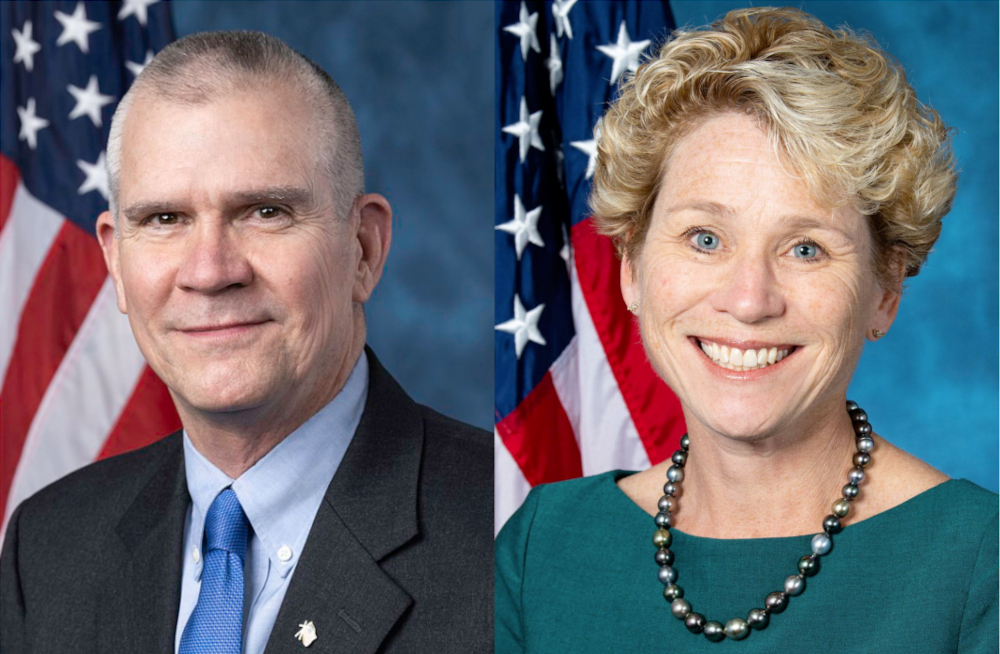A bi-partisan hemp bill that would separate grain and fiber outputs from flower-derived products such as CBD and other cannabinoids has been introduced in the U.S. House of Representatives.
The measure, HR 3755, would also remove a requirement that hemp fiber and grain growers undergo background checks, and eliminate mandatory sampling and testing of crops, requiring only an annual inspection.
Reps. Matt Rosendale, a Republican of Montana, and Chrissy Houlahan, a Pennsylvania Democrat, are sponsoring the measure, which is a companion bill to a similar proposed law introduced in the U.S. Senate earlier this year.
Separation
The separation of grain and fiber outputs from flower-derived products is a significant change from the current regulatory framework for hemp, which under the 2018 Farm Bill treats all parts of the hemp plant the same.
Under the inspection rules, growers who fail would be required to provide documentation demonstrating “a clear intent and in-field practices consistent with the designation” of industrial hemp. Failure to produce such documentation could trigger testing by regulators, according to language in the bill. Crops found not to meet the definition of hemp would subject producers to a ban of five years.
HR 3755 would also prevent states and tribal governments from putting requirements on industrial hemp growers that are more strict than those outlined in the measure.
Control over cannabinoids
The measure would keep CBD and other hemp-derived cannabinoids under the U.S. Food & Drug Administration (FDA) which is awaiting a law from Congress that would establish the legality of those products, allowing the agency to set rules.
FDA declared in January that it is unable to set regulations for hemp cannabinoids until Congress acts to clearly legalize such products, after nearly five years during which stakeholders repeatedly called for the establishment of a regulatory framework following the legalization of hemp and its downstream derivatives as a result of the 2018 Farm Bill.
FDA has repeatedly held that CBD products remain illegal to sell because the agency has not approved them, but the products have proliferated despite being subject to the Federal Food, Drug and Cosmetic (FD&C) Act.
The lack of clarity over CBD could be resolved in the 2023 Farm Bill, now under consideration. Companion bills can be different in terms of their specific language and provisions. It is unclear what – if any – differences exist between the Senate and House versions of the measures, as the text of the latter measure has so far not been made public.

